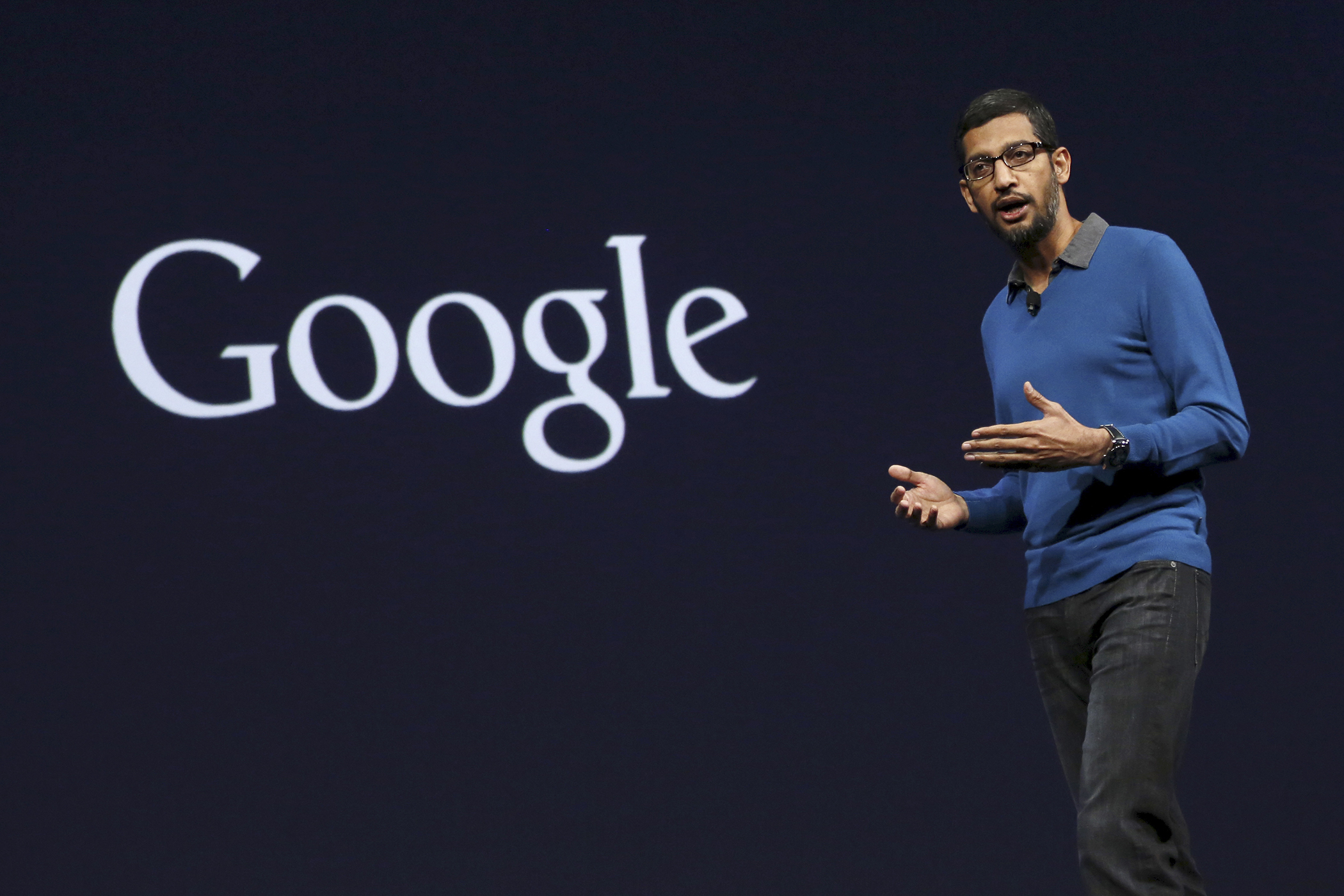
Silicon Valley companies have long battled one another for your money, your attention, and your data. Now they are fighting one another over a new battleground: Your living room.
Google on Wednesday unveiled Google Home, a voice-activated, Internet-connected speaker with a built-in virtual assistant powered by Google’s smarts. Home is Google’s answer to the Echo, a similar device from Amazon that has become a surprise hit with shoppers.
For consumers, Google Home and the Amazon Echo can answer questions about the weather, set alarms, and manage appointments, among other tasks. For the companies that make them, the devices offer a new source of valuable data about their customers — as well as a shiny new gizmo to keep consumers tied more closely to their respective ecosystems. (The Echo in particular makes it almost frighteningly easy to buy more products from Amazon.)
Which device might win? Amazon has a head start. The Echo went on sale in late 2014 and has sold 3 million units, according to estimates. But Google could quickly catch up, experts say. “Amazon may do a better job at anticipating what I want to buy and keeping my refrigerator stocked,” says Julie Ask, vice president and principal analyst at Forrester, a research firm. “But Google has a better shot at making my life easier day to day.”
Indeed, Google’s expertise in delivering answers to complex questions may give the search giant an upper hand. “I think the way Google may be superior to its competition in the smart home space is that its technology is truly smarter,” says Mark Hung, research vice president for Gartner. The fact that Google software like Google Maps, Gmail and Google Calendar are already collecting troves of data about us could mean Home is more useful from the get-go, as it should be better equipped to anticipate our needs.
But Amazon’s status as one of the world’s largest retailers gives it an advantage of its own. Put simply, the company knows how to sell stuff — it now does a staggering $100 billion in sales every year. And when Amazon launches a new product, it can prominently display it to the millions of people who visit its website each month. Google, by contrast, has struggled with hardware efforts in the past. While its Chromecast streaming accessory is popular, efforts like the Nexus Player and the Nexus Q were considered flops.
However, both companies face a common challenge: privacy. When the Echo launched in 2014, some critics took issue with the idea of an always-listening device eavesdropping on casual conversations to listen up for commands. Other always-listening technologies from Samsung and Microsoft have faced similar concerns. And both Google and Amazon have an interest in collecting as much data about you as possible, as they can turn your personal information into more revenue.
The Echo’s impressive sales figures thus far suggest consumers are getting over these fears. But aside from early adopters, it may be a tough sell to convince shoppers to install what’s essentially an Internet-connected microphone in their most private quarters. Still, new technologies increasingly present us with a trade-off: You give your data, and you get something in return — like a digital butler. Whether consumers view that deal as worthwhile will determine if devices like the Echo and Google Home become a long-term hit.
More Must-Reads from TIME
- Why Biden Dropped Out
- Ukraine’s Plan to Survive Trump
- The Rise of a New Kind of Parenting Guru
- The Chaos and Commotion of the RNC in Photos
- Why We All Have a Stake in Twisters’ Success
- 8 Eating Habits That Actually Improve Your Sleep
- Welcome to the Noah Lyles Olympics
- Get Our Paris Olympics Newsletter in Your Inbox
Contact us at letters@time.com